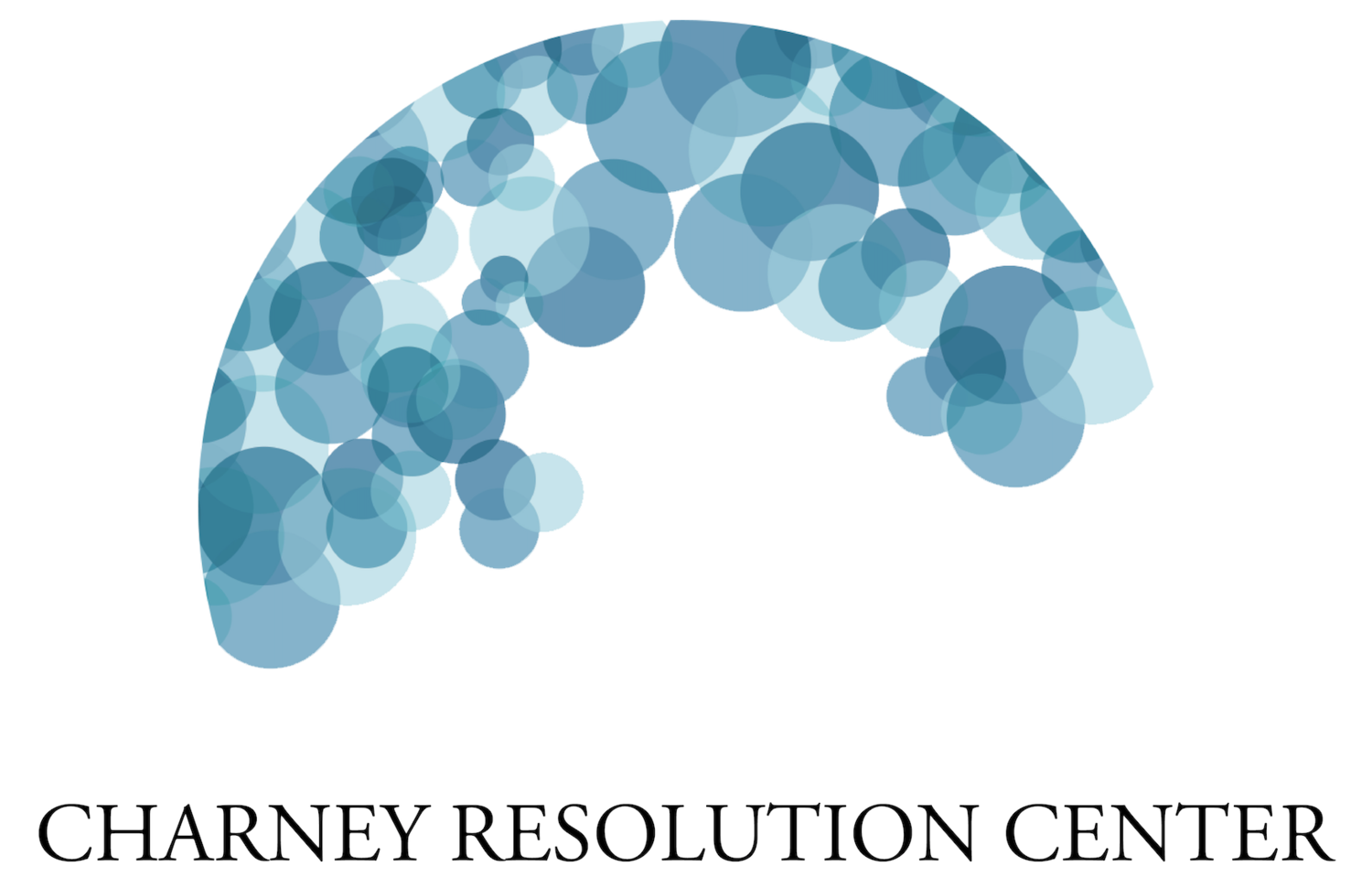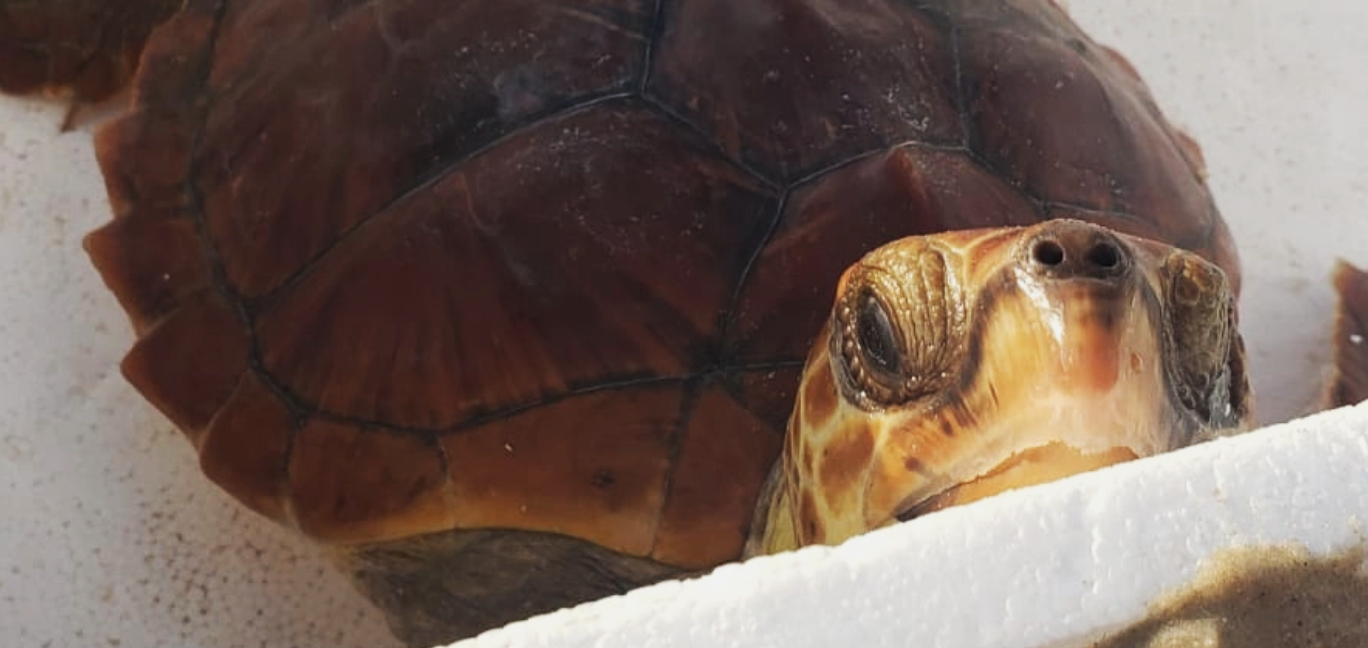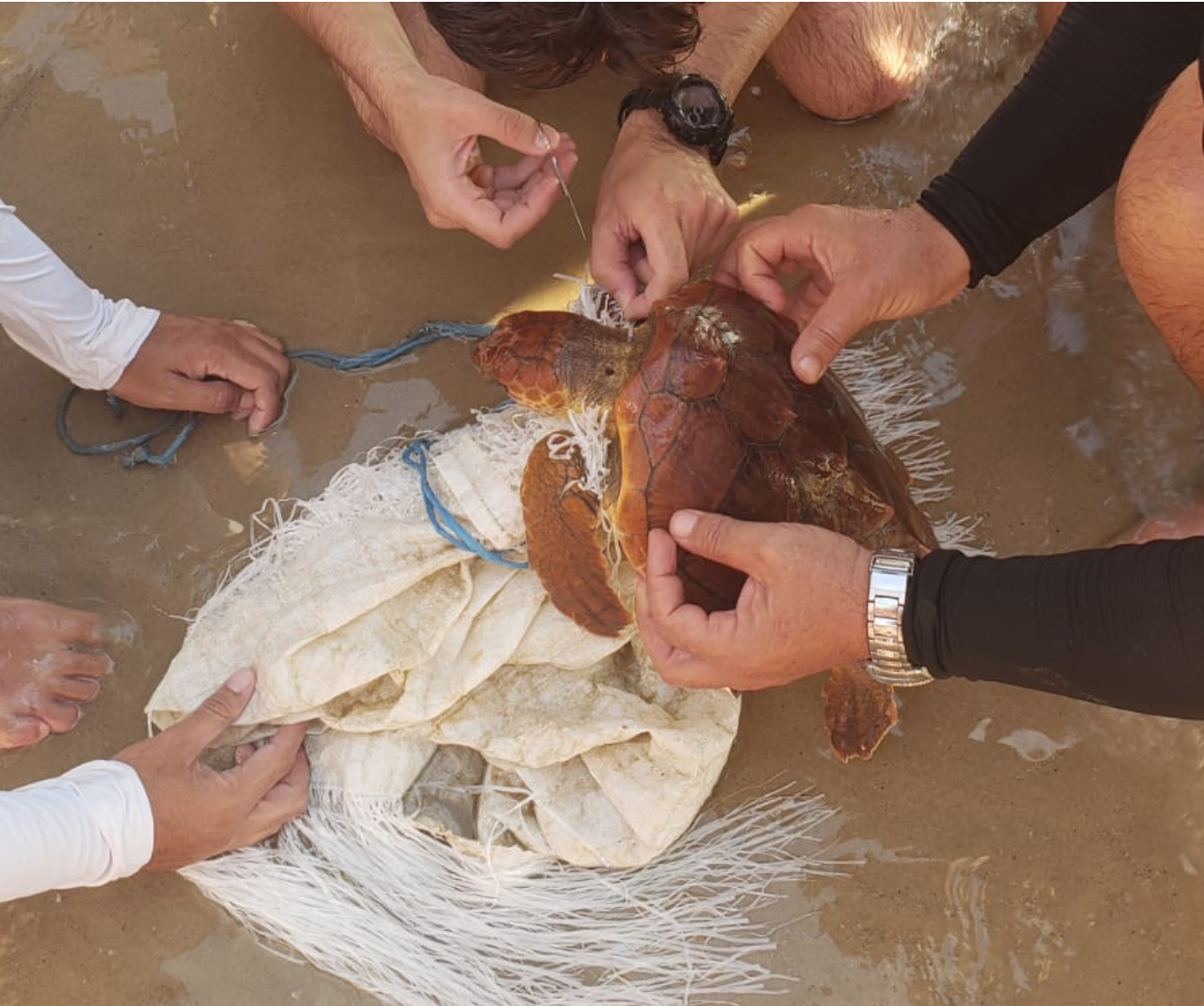It was a Friday afternoon at Gordon Beach, Tel Aviv. We had just started cleaning up after my birthday beach hangout from that day, when we heard someone frantically yell: “Does anyone have a knife or some scissors? Help!” We rushed to his aid and asked what had happened, and he replied: “sea turtle”.
Being an ocean girl who had the luxury of growing up near the beach of Beit Yanai, I had learned quite a few tools as to how to aid sea animals in distress, the main one being that there is a national hotline that contacts the National Sea Turtle Rescue Center of Israel, located in Michmoret, a few miles from my home. As a young girl I had spent some time volunteering for them. There, I was taught that despite what society shows us should be the right thing to do, releasing sea turtles back to sea after they wash up on the shore is leading them to their death. Why would an animal that’s meant to be in the depth of the ocean appear unless it were injured or weak?
I immediately rushed to the scene (dialling the hotline as I ran) to find a poor, defenseless creature stuck in a plastic net. I was confident enough to know that entanglement in plastic causes necrosis in the limb, and the accumulation of toxins and bacteria. “As long as the plastic material is cutting off circulation to the limb, the toxins remain in the limb. If the limb suddenly receives blood circulation after the material is removed, the toxins will quickly spread into the body and can kill the turtle” -Sea Turtle Rescue Center, Israel. This little Tel Avivian turtle’s fate became in the hands of a group of shouting adults and fascinated children. It felt like a battle of wits, who was the most “right” in the situation. Everyone had good intentions, and everyone wanted to be the hero, even though no one was well educated or experienced in regards to the matter at hand.
My friend, who was celebrating her birthday along with me that day, had said to me: “It’s hard to convince a well-meaning crowd that the logical thing to do is not necessarily the right thing to do”. I knew I had to make them listen to me before anyone , and to help gain the trust of the audience that had formed around the turtle, making rash decisions. So what did I do? I used the power of diplomacy and conflict resolution in order to save a life!
I calmly explained to the guy with the knife not to cut the plastic from the turtle, confidently repeated the instructions of the Rescue Center, and quietly gained a few more supporters to help me by breaking away from the crowd and moving up the road in order to wait for a member of the Rescue Center to come and retrieve the turtle. My sense of calm in the midst of all the fuss was what I had needed to gain some of the crowd’s attentiveness and eventually gain control of the situation and turn it around for the better.
The next morning, the manager of the Rescue Center had called me to thank me for my actions and to update me on the turtle’s condition. He reassured me that the turtle was in good condition, and that we could visit him before his restoration to the wild in a few weeks. Also, he informed me that a turtle this size is quite rare, seeing as it only appears on the coasts of Israel once a year (just like a birthday). Therefore, as a birthday present, they decided to call ours Ophyr!
All in all, quite an amazing turn of events. It certainly felt like fate for me to have been there for the turtle amongst a crowd of Tel Avivians who were not as well informed or aware of what to do when stumbling upon an entangled turtle. I felt grateful to have earned the powerful tools of diplomacy conflict resolution at the Charney Center, since it gave me the assertiveness and confidence to stand up for what I knew was right, while also giving me the patience to approach people with different opinions than my own and discuss the matter at hand with tolerance. Saving the life of a sea turtle, applying conflict resolution skills and implementing the mission of the Charney Center, I can honestly say this was the best birthday present I could have ever wished for.
Ophyr Hanan, CRC Ambassador Coordinator
Translation of a sign made by the National Nature and Parks Authority in Israel:
“Found a sea turtle on the beach? Living? Injured? Dead? Don’t know his condition? Please alert in real time! Contact *3639”




